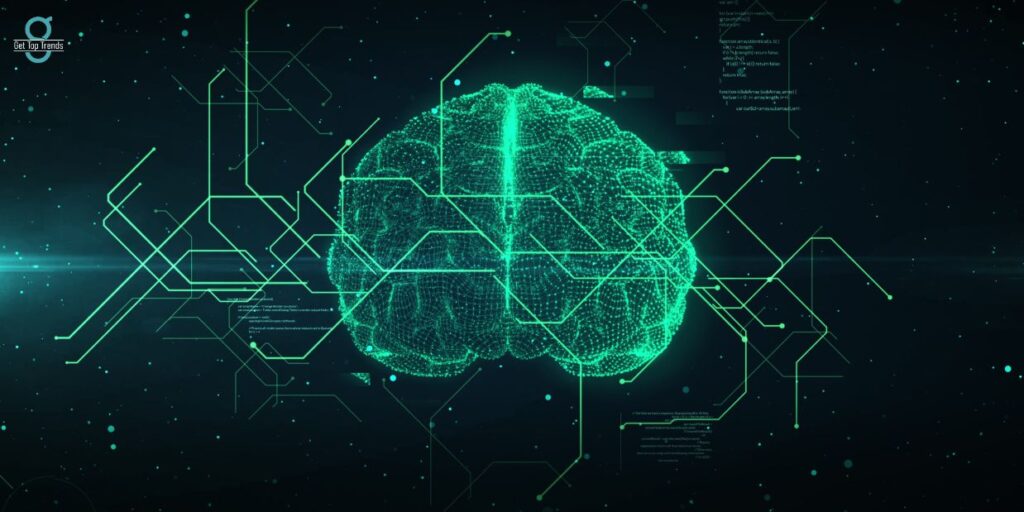It is reported that UNESCO, the United Nations Agency for Science and Culture, has expressed concerns about the potential threat to mental privacy caused by the combination of rapid advancements in neurotechnology and AI.
This combination, often called “warp speed” progress, encompasses technologies such as brain implants and sophisticated brain scans that provide increasingly intimate insights into the human mind.
During a conference held in Paris, UNESCO announced that it had initiated the development of a global “ethical framework” to address the human rights implications arising from the use of neurotechnology. The agency recognizes the urgent need to safeguard individuals’ mental privacy as these technologies advance.
Neurotechnology, a field that aims to establish connections between electronic devices and the nervous system, has primarily focused on treating neurological disorders and restoring essential functions such as movement, communication, vision, and hearing.
However, the recent integration of artificial intelligence algorithms has significantly amplified the capabilities of neurotechnology. These algorithms can unprecedentedly process and learn from vast amounts of data.

Mariagrazia Squicciarini, an economist at UNESCO with expertise in artificial intelligence, highlighted the revolutionary impact of this amalgamation. By harnessing the power of artificial intelligence, neurotechnology has witnessed remarkable progress and previously unimaginable breakthroughs.
Recognizing the potential risks and implications associated with the intersection of neurotechnology and artificial intelligence, UNESCO is taking proactive measures to develop an ethical framework that upholds human rights and protects mental privacy.
This global initiative seeks to navigate the challenges posed by these rapidly evolving technologies and establish guidelines for responsible and ethical usage.
As neurotechnology continues to advance, it is crucial to strike a delicate balance between the benefits it offers regarding medical advancements and the protection of an individual’s privacy and autonomy.
The development of an ethical framework by UNESCO represents a significant step forward in addressing the human rights concerns raised by this powerful convergence of technologies.
Must read: Europeans can Use Google Bard AI Chatbot.


